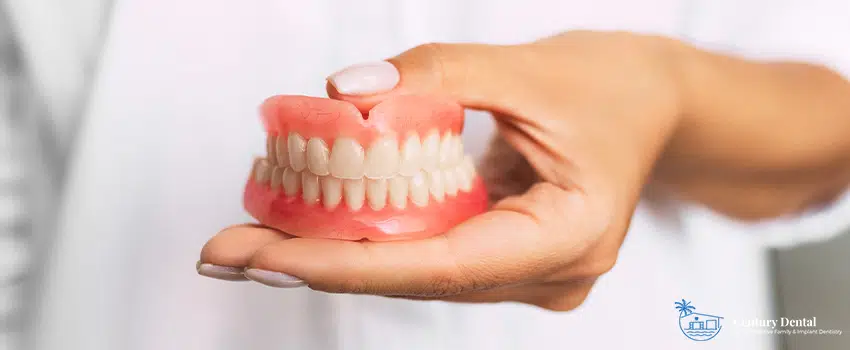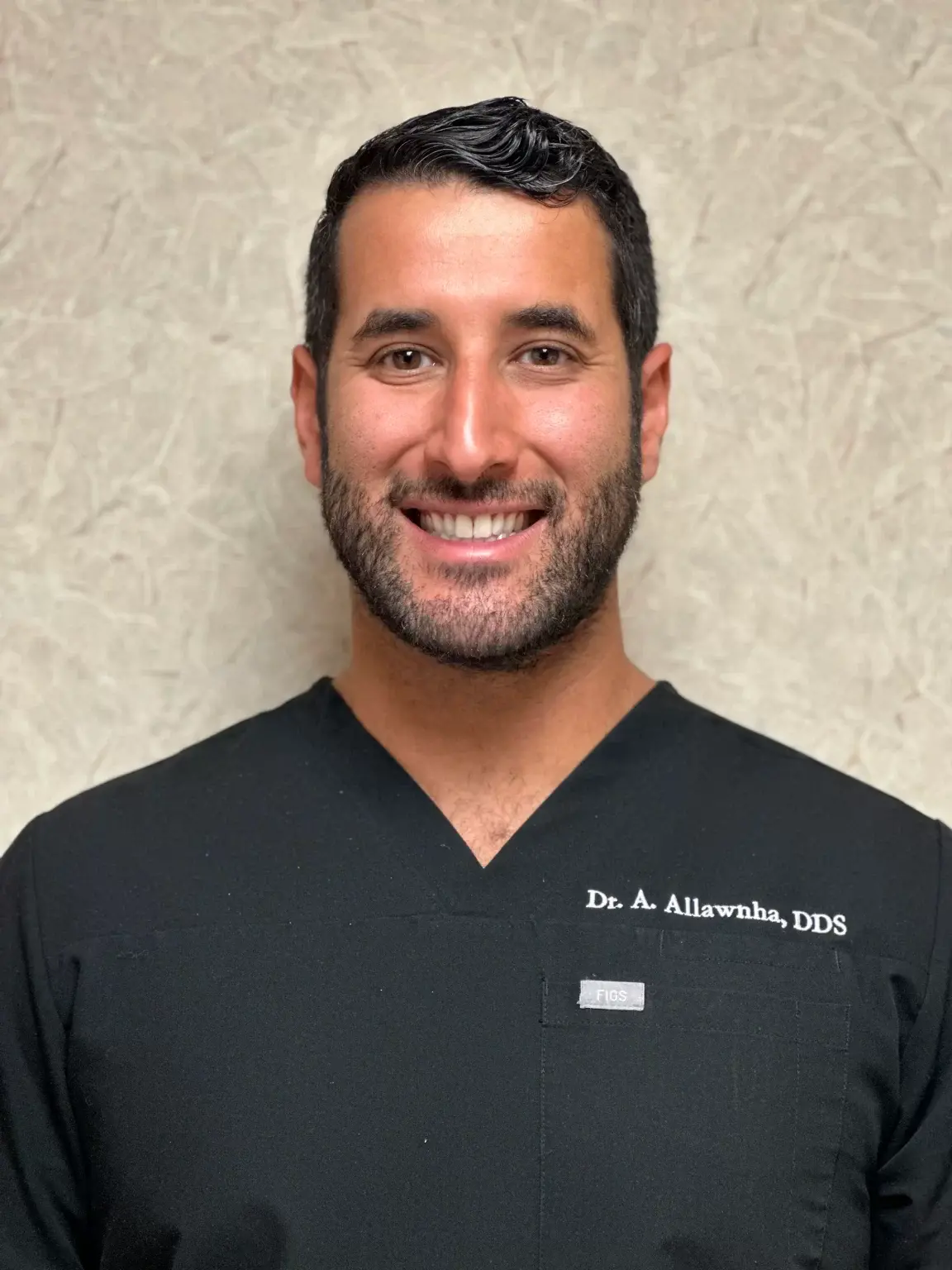Dental bridges are the most common treatment option for people with missing teeth.
According to the American Dental Association, an average adult has three decayed or missing teeth. It usually happens as a consequence of extensive tooth decay or injuries. This dental issue can have a significant impact on one’s appearance, self-esteem, and overall oral health.
A dental bridge is the most common solution for this type of dental problem, but it is not for everyone. If you have missing teeth, understanding your treatment options and whether you are a good candidate for this treatment is important for you to arrive at the best solution.
If you are considering getting a replacement for one or more missing teeth, the advantages of dental bridges are worth taking note of.
What are dental bridges?
Dental bridges are common dental devices used as temporary replacements for missing or broken teeth. It comprises one or more pieces of artificial teeth made from porcelain, alloy, gold, or resin, which are fused together to fit into the open space where your missing tooth once was. Among these materials, porcelain is the most commonly used. It matches the natural color of your teeth, and it is especially used when replacing your front teeth.
Also known as fillers, “pontics,” or false teeth, dental bridges are used to fill a gap in many ways – one of which is by means of a crown, which is a fake tooth that is attached to a small portion of the grounded, real tooth.
The bridges are connected to crowns, which anchor them to the natural teeth. To properly secure the bridge and hold the artificial teeth in place, the crown covers two or more teeth. However, if there are no natural teeth available, your dentist may recommend having teeth implanted on either side to hold your dental bridge in place. If a dentist needs to remove a tooth or if you lost a tooth, the crown may not be sufficient.
Termed “fixed partial dentures” by some healthcare providers, getting dental bridges is a good alternative to partial dentures. The artificial teeth function and look like real teeth, which help you speak better and restore your teeth’ appearance. With this, dental bridges satisfy both aesthetic and practical purposes.
Are you a good candidate for a dental bridge?
The following are the factors considered by dentists before recommending this treatment:
- Missing one or more permanent teeth
- Having overall good health and no health problems, infections, or severe health conditions
- Having good oral health
- Possessing healthy teeth and strong bones (to support the bridge)
- Practicing good oral hygiene (to maintain the bridge’s condition)
To ensure that you fit the criteria, talk to your dentist and discuss these factors before deciding to undergo the procedure.
What are the types of dental bridges?
There are four main types of dental bridges, which are:
1. Traditional bridge
This is the most common bridge type. It involves two or more crowns – also called abutments – placed on either side of the gap to anchor the bridge in place and a filler tooth or teeth cemented to the two adjacent teeth through the crowns. Traditional bridges are usually made of porcelain fused with metal or ceramics. This bridge type can be either fixed or removable.
2. Cantilever bridge
This bridge involves only one crown where an artificial tooth is connected to a single natural tooth for support. This is not commonly used today, and it is usually recommended when an individual has teeth on only one side of the gap. This is also a preferred option by people who want a less intensive procedure that does not damage healthy teeth.
3. Maryland bridge
This type of bridge is less invasive than the previous types mentioned. It is usually anchored by metal or porcelain frameworks that are attached to the back of the teeth on either side of the gap.
4. Implant-support bridge
This bridge involves a procedure where an implant is surgically placed in the jawbone to keep the replacement tooth in place. These are like traditional bridges, only that it’s implanted rather than attached to your natural teeth.
How long does a dental bridge last?
Dental bridges usually last for at least five to seven years. By practicing good oral hygiene and having your teeth professionally cleaned and regularly examined, the bridge may even last for over a decade.
To keep a strong and well-maintained dental bridge, it’s necessary to brush and floss your dental bridge at least two times daily. To help you do so, your dental hygienist or dentist can demonstrate proper flossing and cleaning around the bridge.
How much does a dental bridge cost?
Dental bridges are one of the most affordable options for teeth replacement. If you have dental insurance, a percentage of its fee is likely covered, and the amount depends on the specific dental plan that you have.
The cost of dental bridges depends on the type of bridge that you have and where you are located. On average, a dental bridge may cost between $500 to $1,200, while dental implants may cost around $1,000 to $3,000 per tooth. Most often, your dentist will help you achieve the best solution for your budget.
Talk to Your Dentist Today!
Missing teeth can affect your ability to eat, smile, and talk, as well as your appearance and overall quality of life. If you have missing teeth, your dentist may recommend dental bridges to restore your bite and smile, depending on your needs and qualifications for the procedure. Before committing to this procedure, discuss the factors with your dentists and look into all the pros and cons of all possible options for treatment.
For the best dental care from dentists in St. Pete Beach, FL, look no further than our team at Century Dental! As a local family dentist office, we cater to all ages and aim to improve your overall experience in fulfilling your dental needs and preventing future problems to help you achieve good oral health. If you’re looking to have dental bridges or equally effective alternatives for your missing teeth, schedule your next dental exam with us today!





